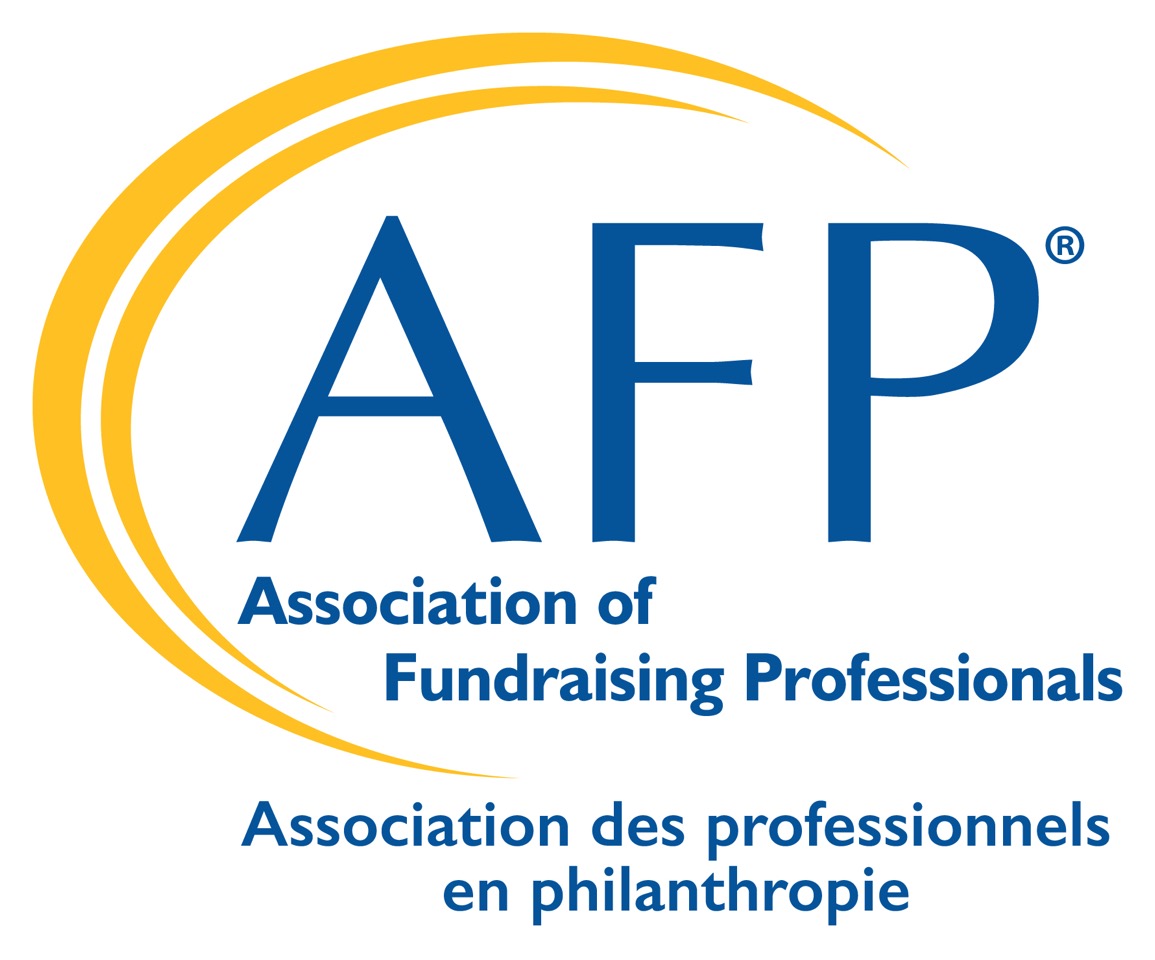AFP Territorial Acknowledgement: ‘We want to open up a conversation’

In late October 2022, the Action Identification Working Group on Truth and Reconciliation, formed as a joint initiative between AFP Canada and the AFP Foundation for Philanthropy - Canada boards, released its report.
The working group was set up following the confirmation of unmarked burial sites on the grounds of former Indian residential schools in Kamloops, B.C., and in other parts of Canada. Its focus was to determine possible actions that AFP in Canada could take on Truth and Reconciliation.
One of the several recommendations made by the group was to develop “a national territorial acknowledgement for AFP in Canada.”
“For a statement towards decolonization, we wanted more than a gesture. We wanted to open a conversation,” says David Love, CFRE, chair of the communications committee for AFP Canada. A territorial acknowledgement was drafted by Krishan Mehta, PhD, alongside a small team of AFP leaders in Canada as a part of the review of the Narrative for Canadian Fundraising. (The Narrative review was undertaken to incorporate the components of Truth and Reconciliation and as a means of discussing fundraising and philanthropy through the lens of decolonization.)
“AFP represents people with different levels of engagement on Indigenous issues,” says Love. We wanted to focus on the settler conversation, work through a decolonization lens and determine ways in which the members of AFP in Canada use a land acknowledgement—and the process of creating one—to move toward some actions.
“Our conversations got so interesting as we talked about the settler mindset when it comes to philanthropy and as we moved toward the action part of the equation,” says Love. “We were purposeful about the role of decolonization in our profession.”
“We wanted an acknowledgment that moved beyond the perfunctory,” says Love, “For me, it was a personal learning experience. It’s positively impacted my work. It’s made me more aware of having voices heard at every table and simply, being more aware.”
The following territorial acknowledgement was developed,
Towards Decolonization
The original stewards of Turtle Island, also known as Canada, are the Indigenous peoples of this territory. The Association of Fundraising Professionals (AFP) in Canada acknowledges the important relationship Indigenous peoples have with this vast space and the devastating legacy of colonization on their communities and the land we all occupy today.
AFP in Canada is committed to understanding the history and current realities of our diverse profession, including Indigenous, racialized and equity-deserving groups across the charitable sector. We acknowledge that the ongoing process of inclusion and reconciliation involve a review of the common practices that inform how Canadian charities value generosity and reciprocity. New paradigms, founded on principles of respect, allyship and justice, hold great potential in transforming the sector.
It is incumbent upon all of us—especially settlers on this land—to work in solidarity towards building a culture of belonging that will benefit everyone.
“’It’s incumbent upon us, as settlers, to come to this understanding,' truly resonated with me,” says Love. “If we could say this every night before we went to bed, the world would be a better place.”
“Our work, which includes this acknowledgement, is not finished,” says Love. “We will likely change this as we learn more. We’re on a journey … we will have to keep changing. Every individual and organization is on their own journey and this acknowledgement and other AFP in Canada resources can help.”


